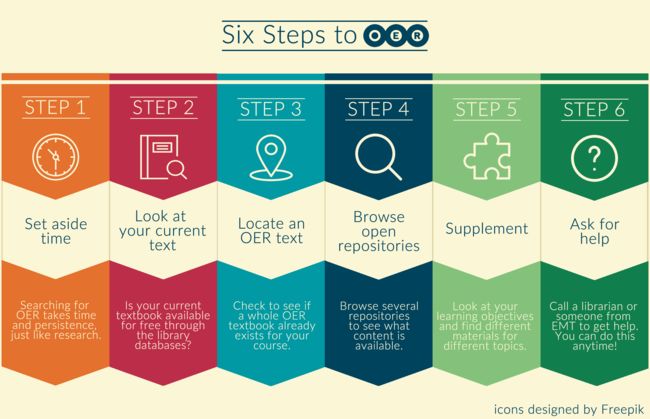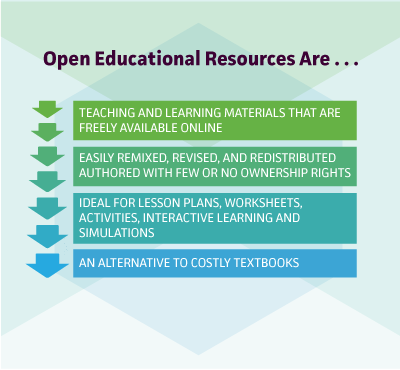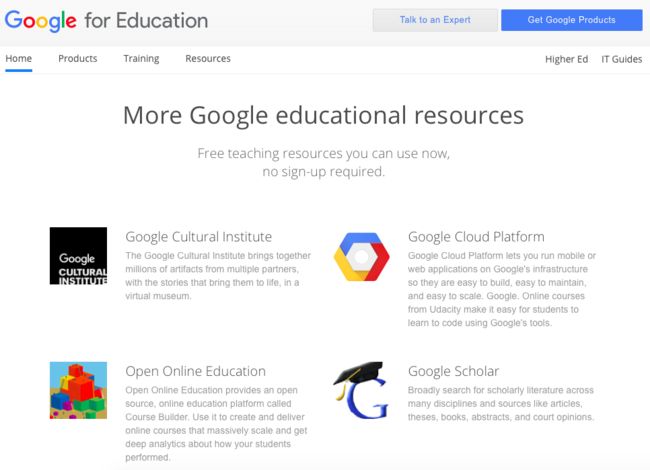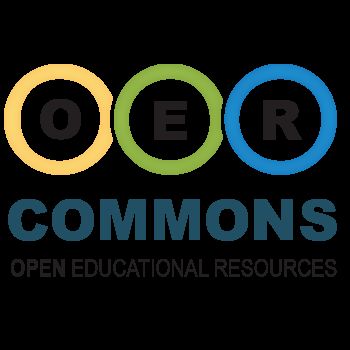Hallo 大家,今晚的话题是关于开放教育资源(OER)。那这个概念到底是什么呢?到底哪些东西是免费呢?
So what is an open educational resource (OER)?
Well an open educational resource could be anything from an open website, video channel, market report to curriculum and much more. They are freely accessible, openly licensed text, media, and other digital assets that are useful for teaching, learning, and assessing as well as for research purposes. The whole point of it is to ensure that learners and educators get the best out of their learning and practice through the free Web.
那开放教育资源是从哪里而生的呢?究竟是谁在开放这些有趣的资源呢?
One of the interesting arenas in the OER trends seems to be that big giant corporates are taking over the game from the previously highly funded institutions such as universities, think tanks & research centers. Most universities were previously the main generators of OERs as they had the content readily available through research and internal networks shared within their campuses. However, as research became more expensive, so did the cost of putting up their research freely. Today, it’s been the corporates who have taken action in this cause as they are more interested in the data collected than the cost of spreading this information. Take for instance Google who has a massive platform for OER services from the Google Cultural Institute, Open Online Education to Google Scholar and many more. These are unbelievable, free to access resources at your fingertips if you just spend the time to look for things.
现在的教育界有两个巨大的企业在挣扎市场空间:谷歌和亚马逊
Coming up from behind is Amazon who is launching their own version of an OER called Amazon Inspire. This is an open collaboration service that helps teachers to easily discover, gather, and share quality educational content with their community. The focus for Amazon is to harness the best case practices and curriculum to be shared by educators, which they in turn hope to harness data to find out what educators are using. Overall, big data is going to change the way education works and corporates will be more than happy to invest in this as it helps them to sort out talents for their growth plans (please see my last post on micro credentials for more info).
那开放教育资怎么帮我们更了解教育和提高我们学习呢?简单来说是信息的整合。
So how has OER’s helped us as educators and learners improve our learning?
Simple, it’s the organization of information. Many times, we’re so caught up with finding specific information, we tend to forget that what matters is how the information is organized. Writing an academic paper will take you weeks if not months if the information you have at hand comes in physical textbooks. However, with the advancement of technology (particularly search engines), you are now able to sieve through information more easily and accessibly with OERs. The structures of OERs help us as educators find the best books, videos, journals, etc to enhance the learning experience, as can it help anyone trying to read through piles of reports…
So this concludes the segment on OERs, hope this will inspire you to find more information on the free web.
————————————
想了解更多关于开放教育资源(OER),欢迎查看以下链接。
Please check out the following list of college related OERs here(SUPER IMPORTANT)
Another great resource that you should look into is the OER commons
Another few spaces for that I strongly suggest you to check out for more educational resources are these links:
Educational:
Edutopia: https://www.edutopia.org
Edsurge: https://www.edsurge.com/
Edtech Digest: https://edtechdigest.com/category/trends/
Edweek: http://blogs.edweek.org/
University:
Harvard GSE: https://www.gse.harvard.edu/news
Harvard Business Review: https://hbr.org/
Georgetown University Public Policy: https://www.future-ed.org/
Stanford Social Innovation: https://ssir.org/
UCL IOE: http://www.ucl.ac.uk/ioe/news-events/news/
Corporate
American Enterprise Institute: http://www.aei.org/
Forbes Education: https://www.forbes.com/education/#6720844461de
More supporting news sources
Chalkbeat: https://www.chalkbeat.org/
Psychology today: https://www.psychologytoday.com
Scientific American: https://blogs.scientificamerican.com/
Mindshift: https://www.kqed.org/mindshift
The Journal: https://thejournal.com/
Getting Smart: http://www.gettingsmart.com/
Participate: https://www.participate.com
The Atlantic: https://www.theatlantic.com/education/
National Public Radio: https://www.npr.org/




